How to Build a Successful Career in AI-Powered Cybersecurity: A Complete Guide for Students
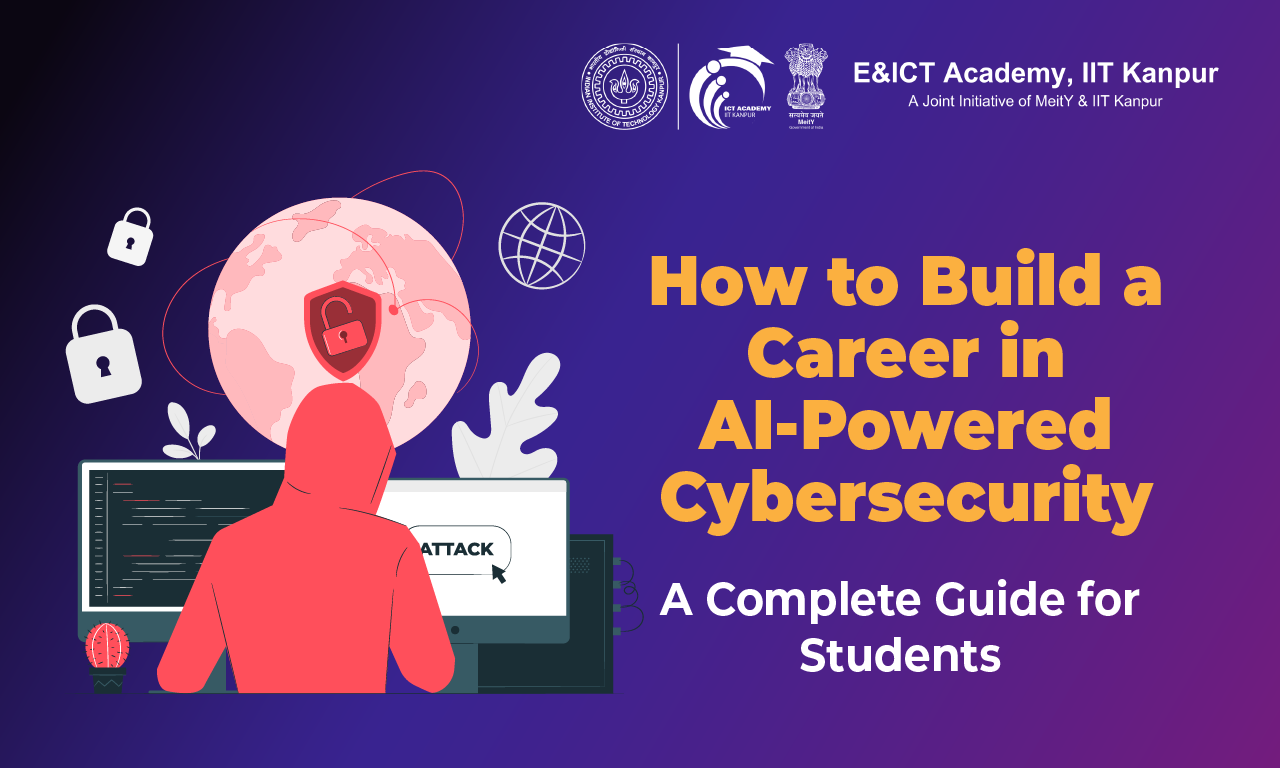
Cybersecurity is essential to protect personal and business interests and has, therefore, become unavoidable. The increase in digitization and the use of technology have made our lives easier but also simpler for hackers to hack into our systems and take advantage of security issues. The need for more advanced defenses is being met by the expanding Artificial Intelligence (AI).
This article will discuss the fundamentals of how artificial intelligence (AI) is transforming cybersecurity, the different types of AI-powered security solutions, and how to start utilizing AI to defend systems from ever more complex assaults. We will go into detail about why you should choose AI-powered cybersecurity and how, as college students, you could get into one.
Also Read: Cyber Security Roadmap for Beginners
Why Choose AI-Powered Cybersecurity?
As the system changes and new advances come in, it is quite impossible for traditional security measures to keep up. These holes are filled by artificial intelligence, which offers automated reactions, proactive defense systems, and quicker hazard identification. AI is helpful in:
- Threat Identification & Prevention: Massive volumes of data can be instantly analyzed by artificial intelligence (AI) to identify irregularities and stop cyberattacks before they start.
- Automated Response Solutions: Artificial intelligence (AI)–driven security solutions minimize damage and downtime by responding quickly to security breaches.
- Reduced Human Errors: Because AI automates repetitive processes, cybersecurity specialists can concentrate on more sophisticated threats.
- Advanced Data Protection: Technologies for fraud detection and encryption powered by AI shield private information from hackers.
Understand How AI-Powered Cybersecurity is Used for Threat Detection
The Indian cybersecurity industry is anticipated to rise from $5.56 billion in 2025 to $12.9 billion by 2030, with a compound annual growth rate (CAGR) of 18.33%; therefore, students who are interested in this career have a wide range of job opportunities.
Step-by-Step Guide to Building Your Career
1. Understand the Basics of Cybersecurity
You must understand the basics before delving into AI-powered cybersecurity. Start by learning:
- The basics of networking and security, including how networks work and how security tools like virtual private networks, firewalls, and encryption work.
- About ransomware, phishing, DDoS assaults, and insider threats, among other forms of cybercrime.
- Fundamental Programming Writing, security scripts and working with AI models will be made easier if you know Python, Java, or C++.
2. Learn AI & Machine Learning Concepts
Understanding the fundamentals of data science and machine learning (ML) is essential because artificial intelligence (AI) is developing daily and changing the cybersecurity industry. Some key topics to learn include:
Key AI Topics to Learn:
| AI Concept | How It Helps in Cybersecurity |
|---|---|
| Machine Learning | Detects patterns in cyber threats and predicts future attacks |
| Deep Learning | Identifies sophisticated attack tactics using neural networks |
| NLP or Natural Language Processing | Analyzes phishing emails and malicious content for fraud detection |
| Anomaly Detection | Flags unusual user behavior that could indicate a security breach |
| AI-Driven Forensics | Helps in tracing digital trails and evaluating evidence of cybercrime |
3. Gain Hands-On Experience with AI and Cybersecurity Tools
Real-world experience is necessary to become a cybersecurity expert powered by AI. Try the following:
- AI-Based Security Platforms: Artificial intelligence is being used to improve security in projects like CrowdStrike Falcon, Darktrace, and IBM Watson Security.
- Penetration Testing Tools: Software for penetration testing includes programs like Metasploit, Kali Linux, and Burp Suite.
- Cybersecurity AI Datasets: Utilize datasets like NSL-KDD, KDD99, and CICIDS2017 to develop AI models for identifying cybersecurity vulnerabilities.
- CTF Challenges: To help you recuperate, websites like TryHackMe and Hack The Box provide real cybersecurity challenges.
Also Read: Know Everything About Disinformation Security
4. Enroll in AI-Cybersecurity Courses & Certifications
To boost your credentials, consider taking courses from reputed institutions.
Recommended Certifications:
- Certified Ethical Hacker (CEH): For individuals interested in penetration testing and hacking ethics, the Certified Ethical Hacker (CEH) is the best choice.
- Certified AI Security Specialist (CAISS): AI-driven security measures are the focus of the Certified AI Security Specialist (CAISS).
- CompTIA Security+: A fundamental certification that covers cybersecurity best practices is CompTIA Security+.
- AWS Certified Security – Specialty: Helps you understand cloud security with AI applications.
Many universities and online platforms offer AI-cybersecurity hybrid courses, helping students build a strong foundation. You can explore relevant courses for cybersecurity here.
5. Work on Real-World Projects & Internships
Nothing beats real-world exposure. Apply for internships at cybersecurity firms or contribute to open-source AI security projects.
Ideas for Student Projects:
- AI-Powered Phishing Detection System: Create an AI model that recognizes and filters phishing emails to create an AI-powered phishing detection system.
- Deep Learning-Based Automated Malware Analysis: Develop a model to identify and categorize malware.
- Machine Learning-Based Intrusion Detection System: A machine learning-based intrusion detection system uses anomaly detection to keep an eye on network traffic and highlight questionable activity.
- Cybersecurity Chatbot: Create an AI chatbot that helps consumers recognize security threats.
Numerous firms work with educational institutions such as IIT Kanpur to provide internship opportunities to students.
6. Stay Updated with Industry Trends
The field of cybersecurity is rapidly changing. Keep learning and networking with professionals.
Ways to Stay Updated:
- Participate in cybersecurity forums: Engage with communities like OWASP, Reddit, and Stack Overflow to discuss and learn from professionals.
- Follow industry leaders: Stay informed about new risks and AI developments by following prominent figures in the field on Twitter and LinkedIn.
- Attend conferences & webinars: Participate in events like Black Hat and DEF CON to learn about the latest trends and technologies.
- Read academic journals: Keep up with the latest research papers on AI security published in academic journals.
Common Challenges & How to Overcome Them
| Challenge | Solution |
|---|---|
| Lack of AI Knowledge | Take beginner-friendly ML courses and start with small AI projects |
| Difficulty in Understanding Cyber Threats | Engage in hands-on practice and CTF challenges |
| No Prior Programming Experience | Start with Python and build simple cybersecurity scripts |
| Keeping Up with Trends | Follow cybersecurity news and enroll in continuous learning programs |
Conclusion
Developing a career in cybersecurity driven by AI is a fascinating and opportunity-rich journey. Following a clear roadmap can help you succeed regardless of your level of experience.
- Start with the basics of cybersecurity
- Learn AI and ML concepts
- Gain hands-on experience with real-world projects
- Get certified and network with experts
Examine the courses for Ethical Hacking offered by IIT Kanpur to get your adventure started if you’re prepared to take the first step!
Recommended Courses
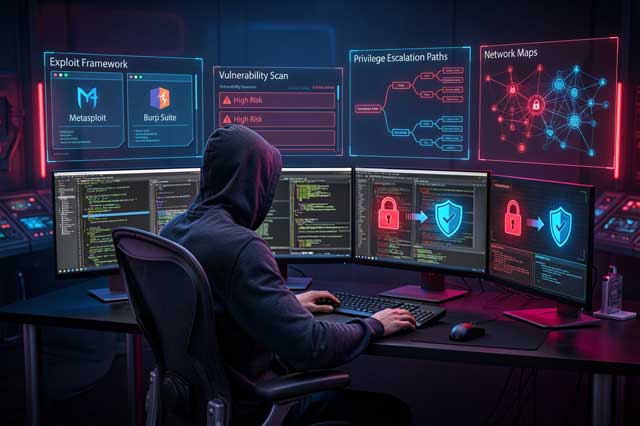
Advanced Penetration Testing and Exploitation
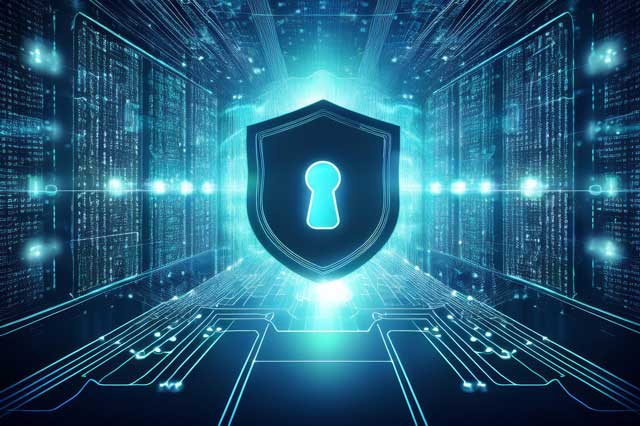
CISSP - Introduction to Information Security

Cloud Security Practitioner

Cyber Security
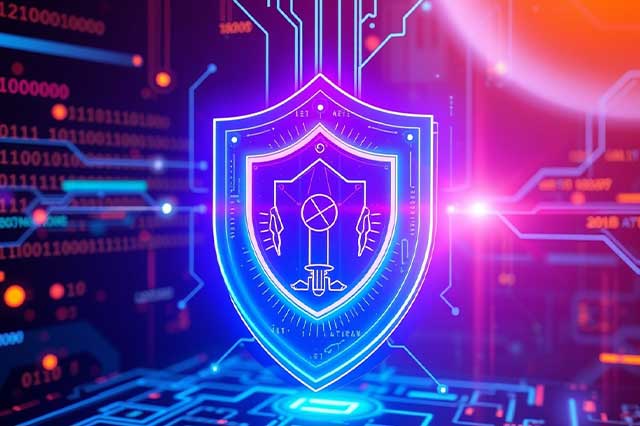
Cyber Security using AI

Digital Forensics and Incident Investigation
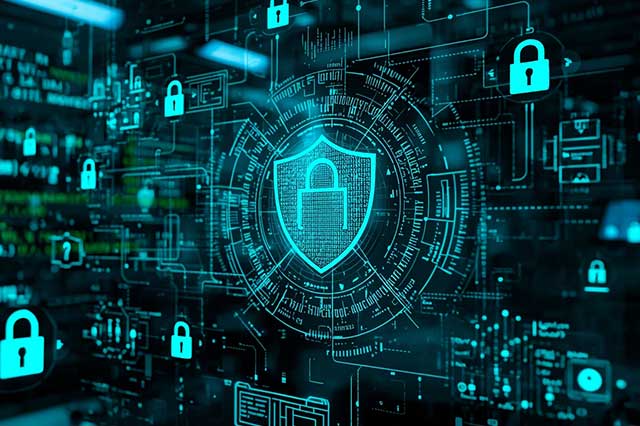
Ethical Hacking Essentials

Ethical Hacking For Beginners
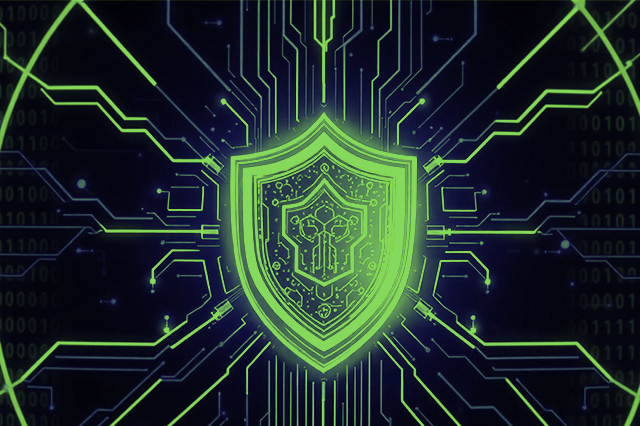
Gen AI in Cyber Security

Introduction to Cryptography for Beginners

Introduction to Cybercrime



